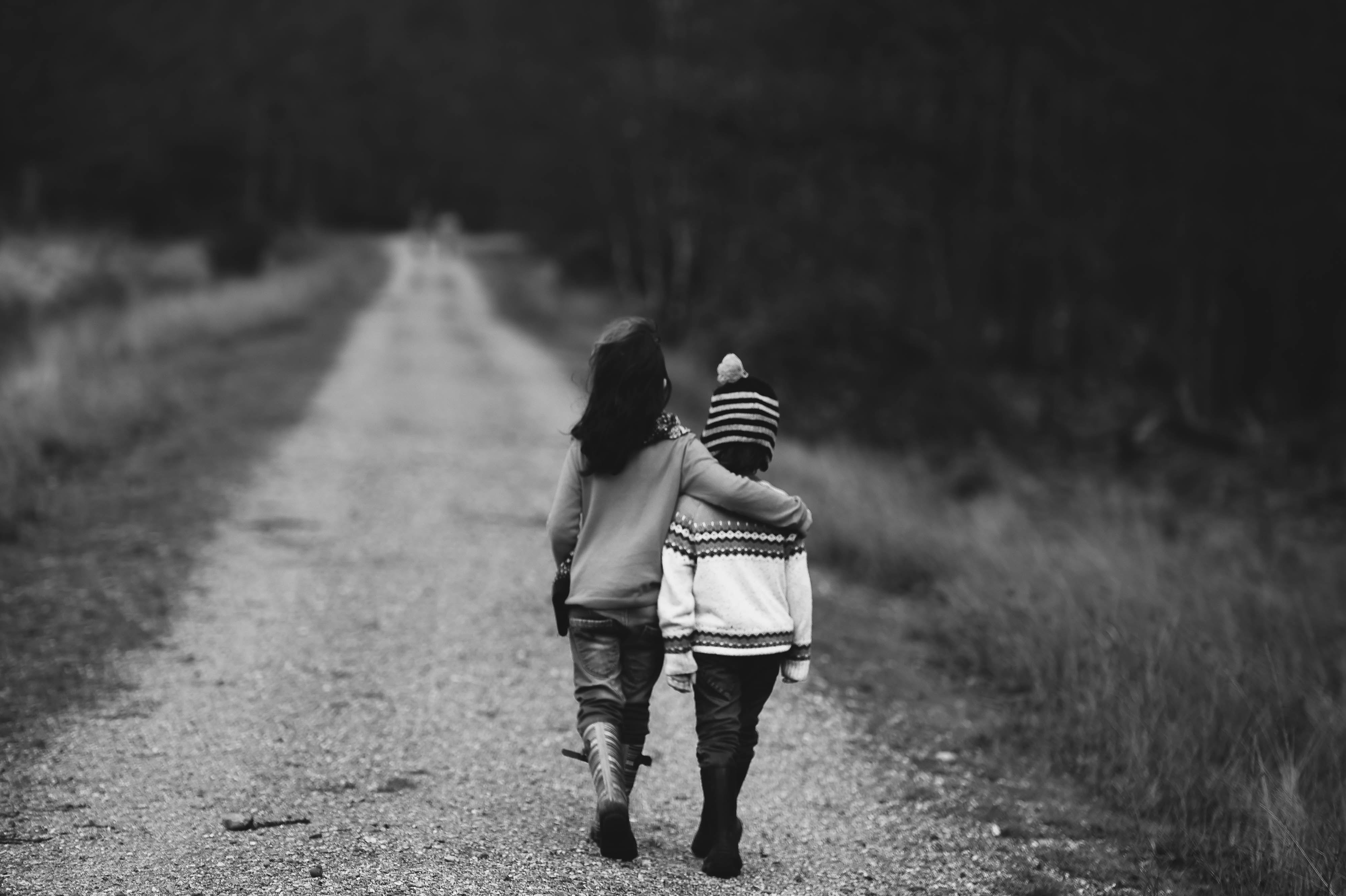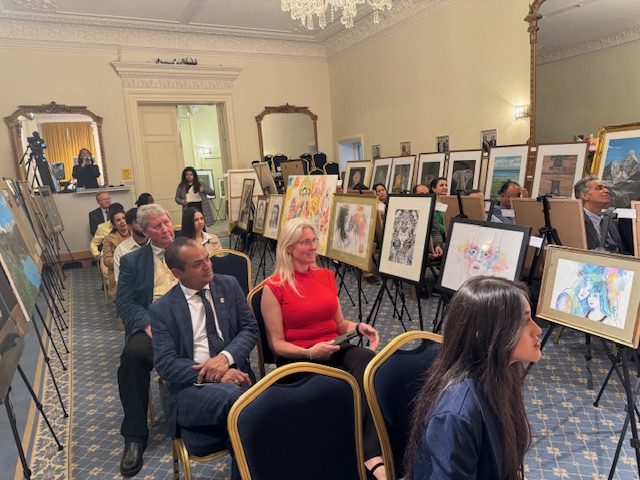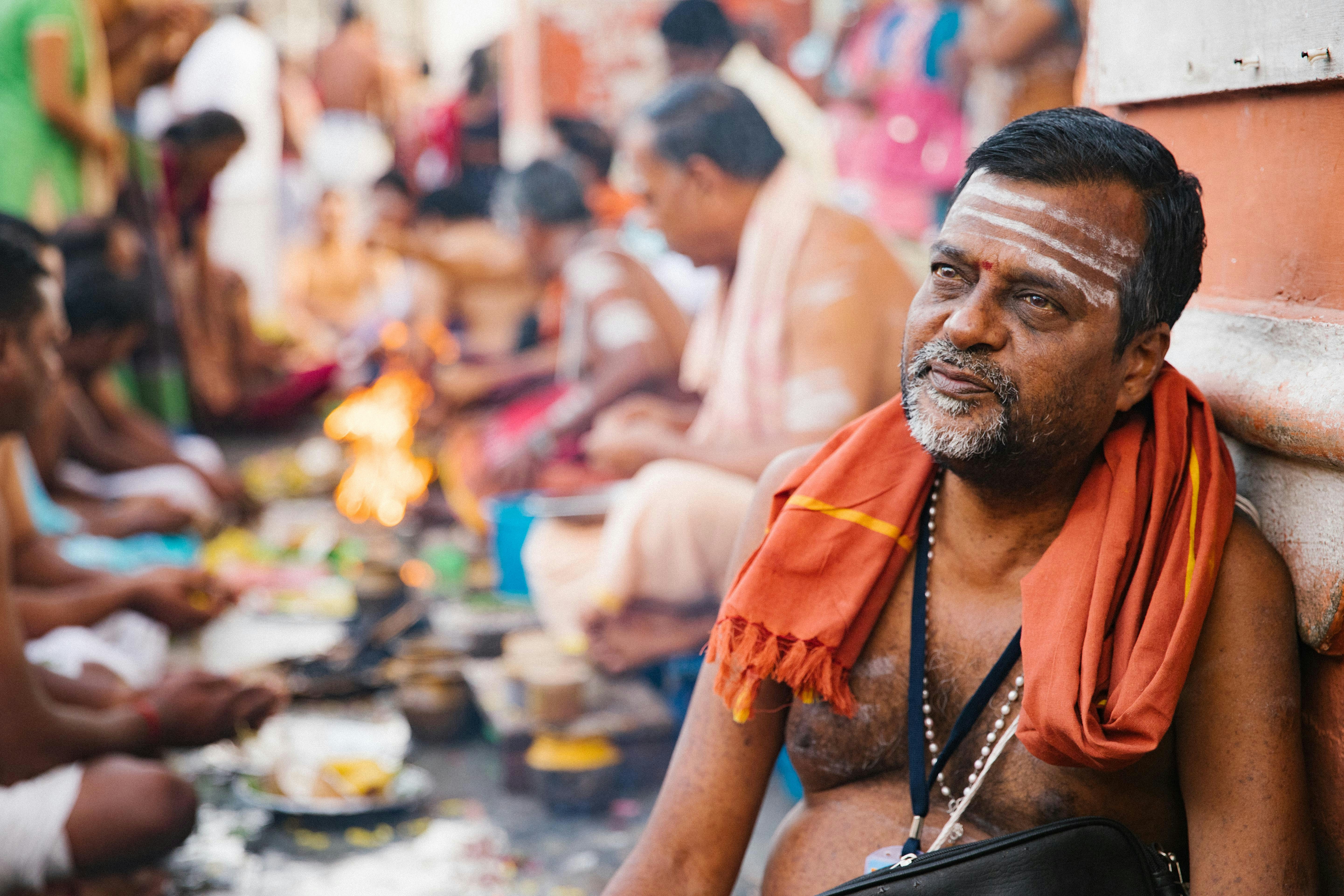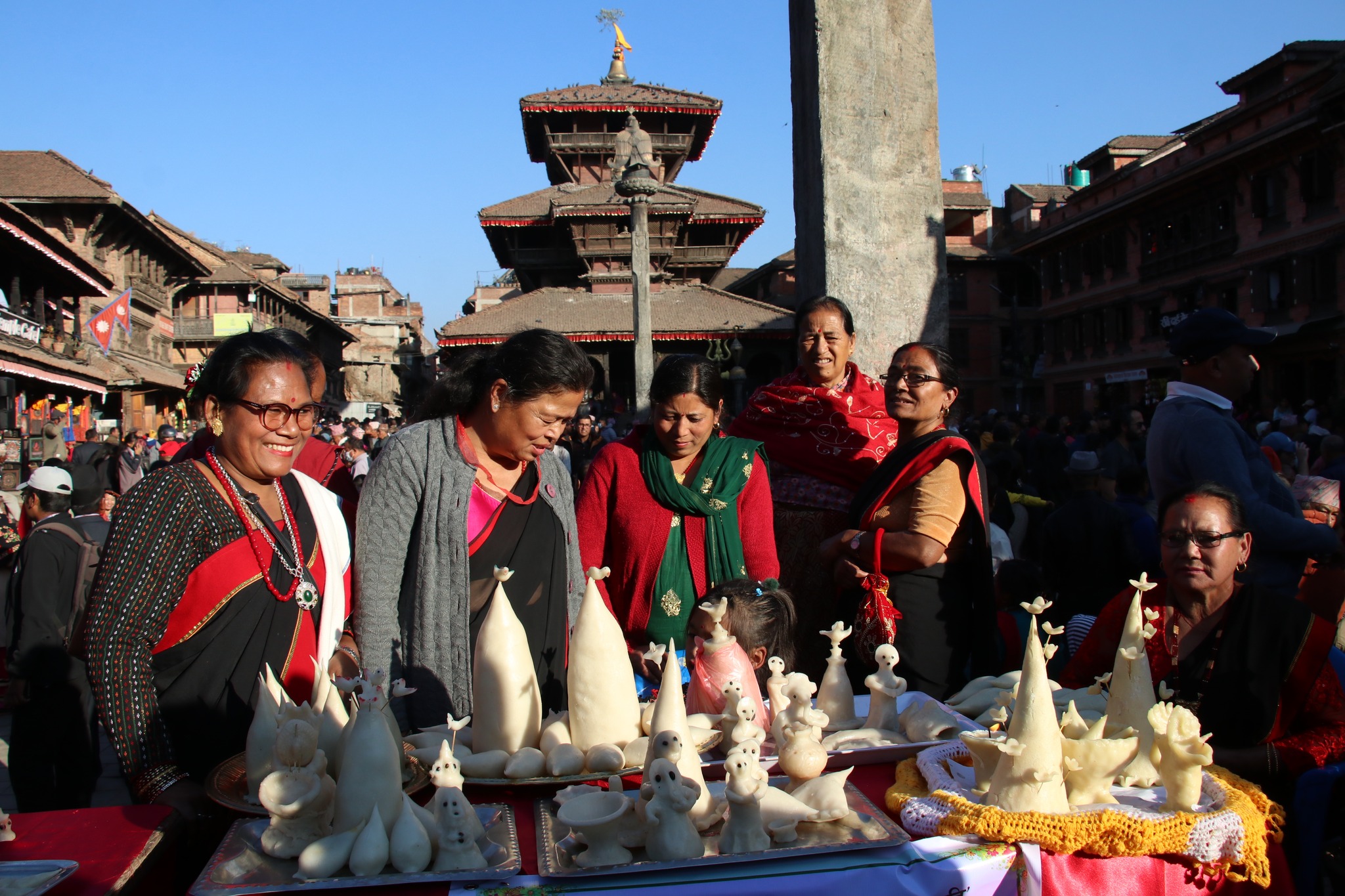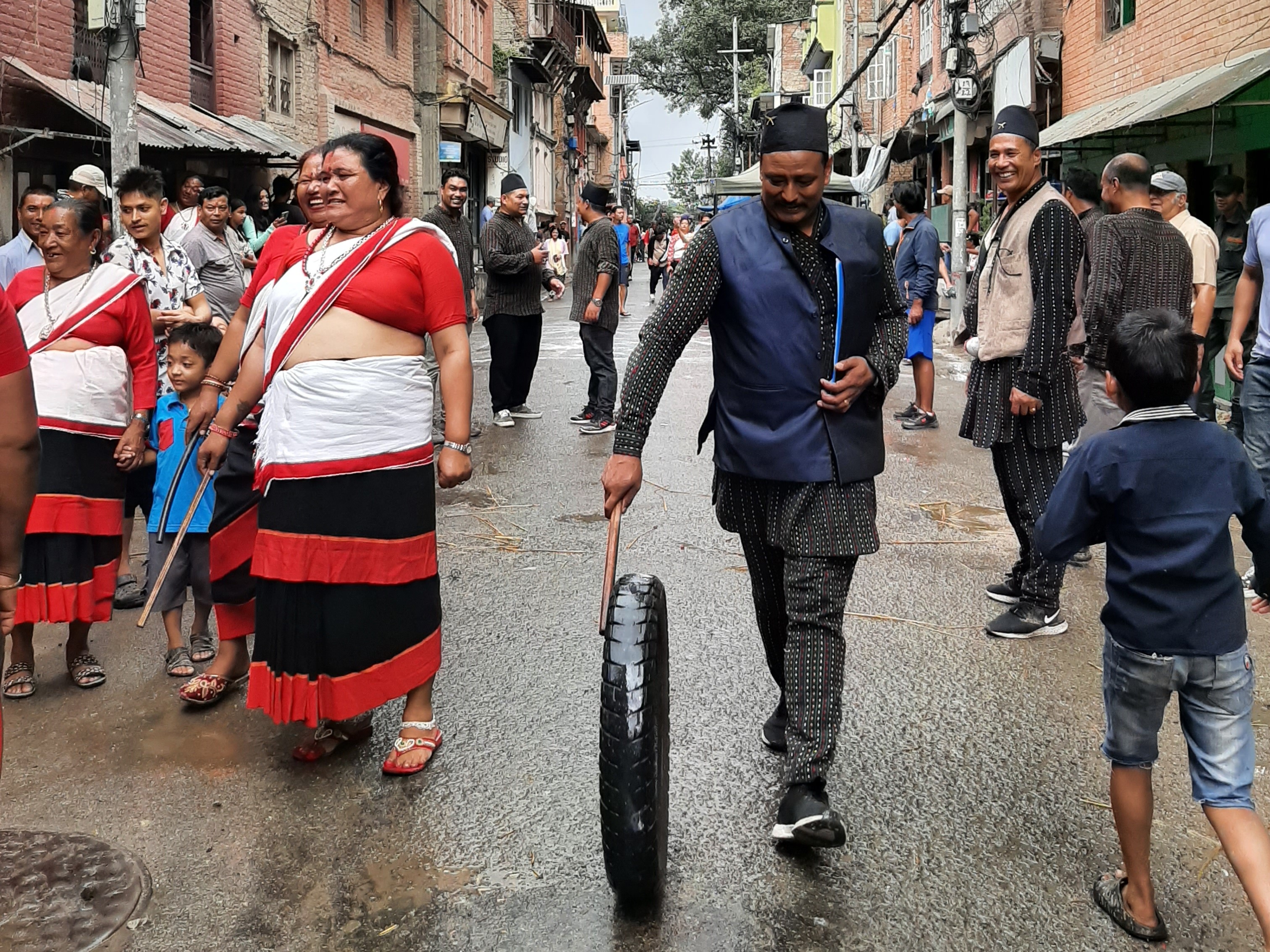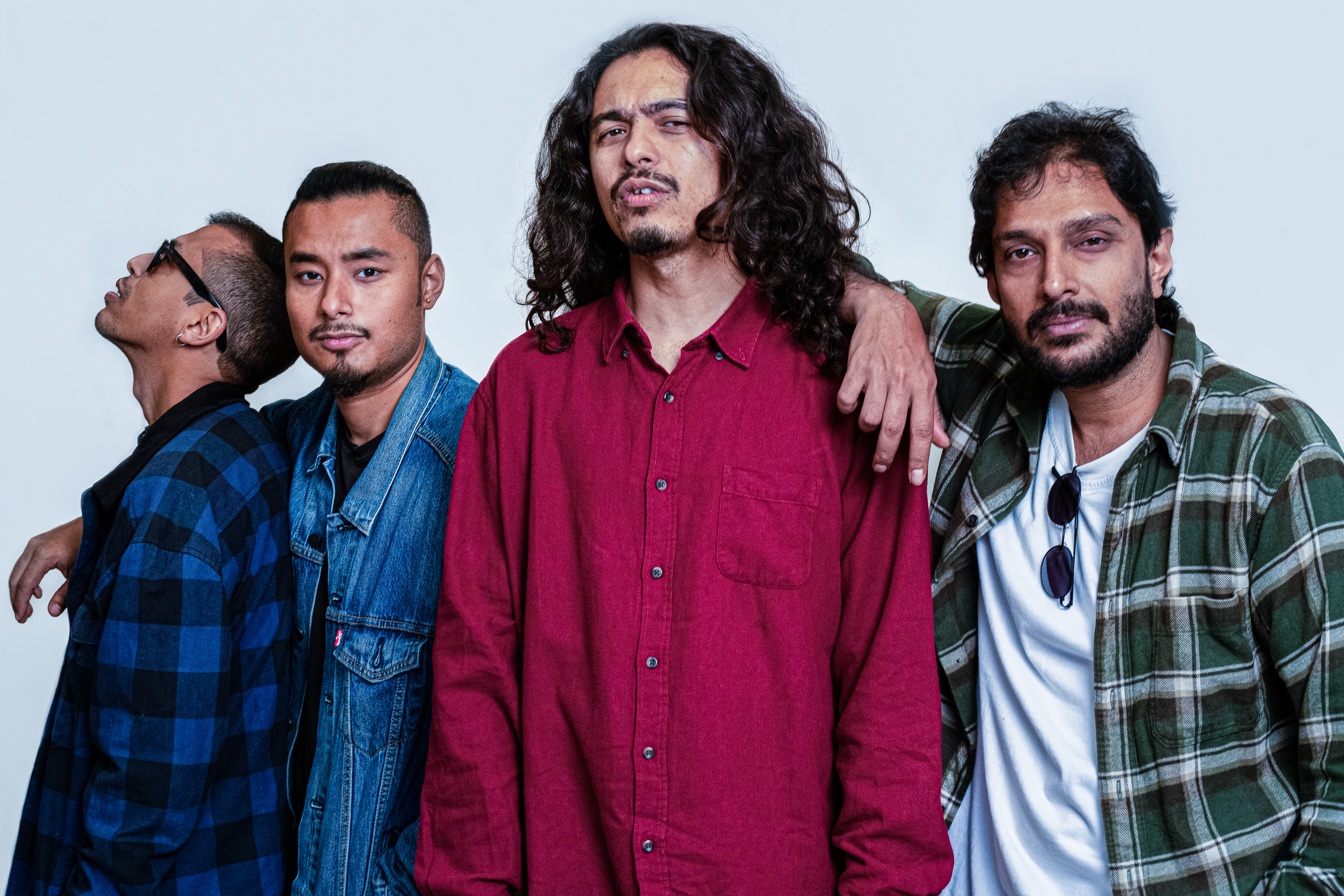There are no heroes in this story. No revolutionaries and no saviors.
There are three acts, extracts from the lives of people I’ve known (written with their permission and without their names). Sample illustrations of how the zombie laws of Jung Bahadur Rana’s 1854 Muluki Ain continues to chokehold the lives of Nepalis 160 years after it first institutionalised caste-based discrimination so the powerful could usurp power.
The law, based on Hindu social practices, officially expired in 1962 when a new law was passed making it illegal to discriminate anyone based on caste. Suddenly, all Nepalis could access education among other things and education did begin leveling the playing field.
Things have changed in the last 50 years but not enough. Often because, us, the educated become unwillingly complicit in situations that require us to take a stand but we don’t quite know how. These are topics talked about in hushed tones in family circles often with words that impart judgment, and the skills to counter such situations aren’t taught in schools.
As much as change has been fought at the policy-level, the battle waged in homes is where real change begins. These battles are far more complex: emotions run high and usually, the person of reason is drowned out, their knowledge and conscience sinking beneath the weight of wisdom, love and weariness.
ACT 1
J’s sister, a Newar, eloped with a Nepali Muslim. The day it happened, the family mourned her loss because the act itself severed any family ties the girl had. “She is dead to us,” said various family members, mostly her father’s brothers. J disagreed. She argued but was soon silenced because: what did she know, what right did she have to question her elders, and her sister should have known better, J should know better. There were other members in the family who agreed with J, but none came together to stand up against what they felt was wrong.
A Muslim in Nepal’s caste system is an untouchable, as is any other foreigner. A woman takes on her husband’s caste. Therefore, J’s sister was never allowed to return home. She was an untouchable. Over the years, J and her sister met clandestinely. Their parents never joined because of fear of what the extended family and the society-at-large would say. When their father was in hospital with cancer, J managed to convince the family to allow her sister to meet him. But when he passed away, J’s sister was not allowed to touch him, stay in the same room as them, or attend his funeral because she was a Muslim.
J’s immediate family welcomed her sister back and accepted the son-in-law but their word against those of the elders of the family and society — they could never win there. What would the religious priests say? J is an aunt now but her nephew never had the chance to get to know his grandfather and he can only meet his grandmother in secret. Over the years, the duplicity and the stress have increased J’s bitterness and sense of guilt, estranging her from all that she knew.
ACT 2
Take this then. K, a girl born into a well-to-do family in the heart of Kathmandu, the nation’s most progressive place, sent to one of the best schools the city had to offer to learn all the important things, and then sent to India to follow her heart. That is until the heart lead K to be engaged to a boy of Tibetan origin, an untouchable. K was now an outcast. She, who had been taught to be brave, confident, and courageous, suddenly found that when she exercised the bravery, courage, and confidence she had learned coupled with compassion and empathy, she was beaten down. The extended family had enormous influence on her immediate family.
K rallied against their prejudices and cried on the night of her engagement. The day she had envisioned of as one of great joy was turning into one of insurmountable tragedy. She was going to have to choose between the ones she loved. Overnight, all the relationships that had held her together soured.
When her only remaining grandparent passed away, she was not allowed to enter her grandmother’s room, eat with the family, or share in their collective grief. There were members in her family who agreed with her but who would stand up to the elders? Who will stand up to “tradition” — fight off the cold hands of the undead practices that are illegal? K has since decided to live in another country but not everyone has that luxury.
People by Mollicles420/DeviantArt
ACT 3
L, a progressive girl born to a progressive family married into a family of mostly progressives. Progressiveness, L soon found out, is relative and relatives aren’t necessarily progressive when it comes to their own home ground.
Freeze-frame A: A person is sitting under the narrow eaves of L’s in-law’s house, huddled in the rain, eating what is given.
L asks the person to enter but the person refuses. L is later told that the person is of a lower-caste and is not allowed to enter the house because it is how it is and because of tragedies that happens to the family when such a person enters the house. L is silenced into submission because the situation has now been reframed into a fatal one. She is told she must wait until the older generation has passed away. She is told that things are already changing. That she doesn’t understand what has gone on in the family. That the gods in the attic dictates who crosses the threshold of the house and who does not. In no uncertain terms, she learns that she cannot do anything because nobody else will back her and it is not her place to question how things are done.
Freeze-frame B: A person is sitting under the eaves eating from a plate of what he is given. L is sitting inside at the dining table eating with the family.
She is intensely aware that she can just reach across and add more of what she wants on her plate. She can pick and choose. The person outside only has a limited amount of dal or rice or curry. The person outside does not even have water. He has to ask and when one sits outside of a threshold, one knows it is not one’s place to ask.
She is told she must wait until the older generation has passed away… That the gods in the attic dictates who crosses the threshold of the house and who does not.
There is only a threshold that separates them. L knows that the person outside has been robbed of his power of choice. L knows how such situations can destroy a person’s confidence. She knows how it has shaped his position in the community and how it affects his children. After all, L has a low-caste student in a class she teaches who wrote an essay about how the practices lead to two suicides in the young girl’s family. L also understands the fragility of the circumstance – the person outside could be anyone, could be her, could be the people sitting at the table with her. Would any of them speak for the other? She looks to the faces of the other mostly-progressives in the family but nobody says a thing. It is as if they have grown inured to the psychological violence they are party to. The curry in L’s bowl tastes like blood and her hands are shaking.
The simple act of eating has become an ordeal.
The second image is a nightmare that L returns to on an everyday basis. The guilt, each time, multiplies. L wants to know how she can resolve the situation without creating a rift in the family or hurting loved ones. She does not want to be a savior or a revolutionary. She only wants to be able to eat at a table where everyone is an equal.
Most of the mostly-progressives agree with her but who will question the elders? Who will risk hurting the ones they love by arguing on behalf of strangers they do not know?
How do we fight these battles on our home grounds? How do we help each other speak up, process, explain? Of all the important things J,K and L learned in school, the most important was compassion and empathy. Yet, why do we, like them, fail each other and ourselves?
Will things ever change if we continue to falter? For one hundred and sixty-two years, generations have been told to be patient, that things will change in the next generation or the one after.
Why aren’t we the ones we’ve been waiting for?
Let us start a new tradition! A feast that celebrates our differences and brings us together in that basic act of survival — eating! Name a day, a week, a month. Let each one around the table come from a different community, a different ethnicity, a different caste, a different religion. Let’s each come to the table as an equal, armed with their contribution to the table, ready to share, to listen and be listened to.
No one will be barred from that table. There will be no dividing thresholds there.
Then, perhaps, that old Muluki Ain and these illegal, inhumane practices will be confined to our dark past.
(The writer is based in France. She can be reached at [email protected].)
***
Also read
Broadside: Scan your handprint for the moon






